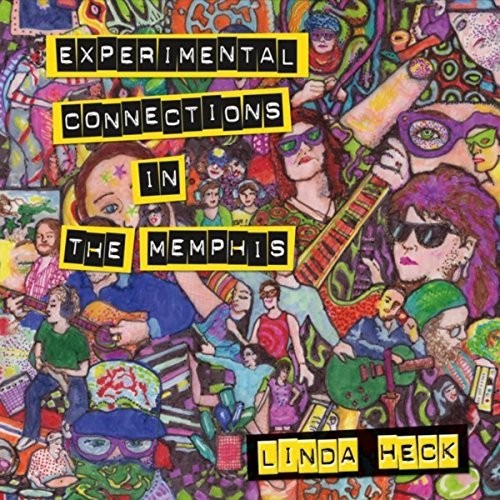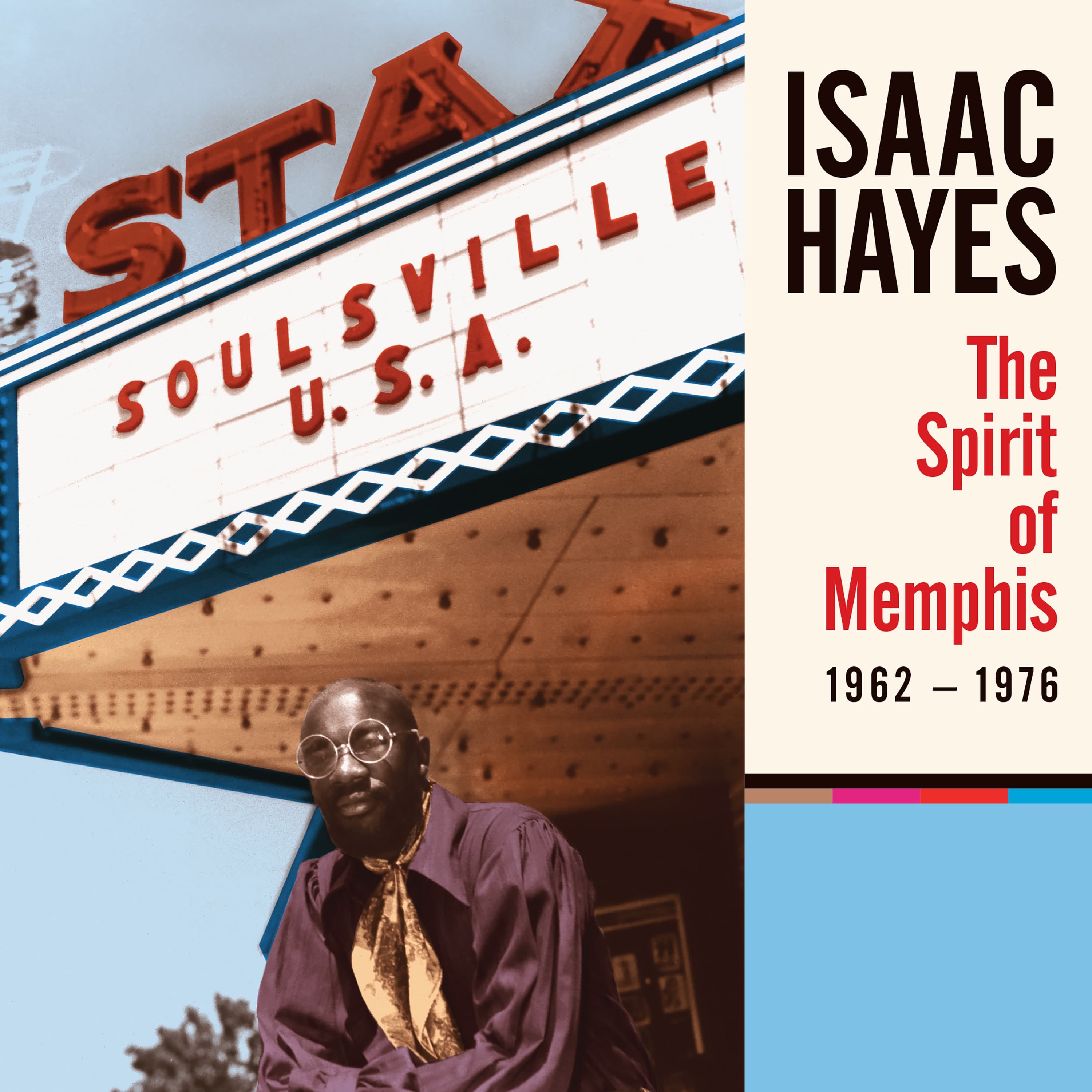
Julien Baker – Turn Out the Lights (Matador)
On her second album, Baker, a regional girl done good, channels that Steinbeckian concept of the Hebraic timshel: “Thou mayest,” via a beautifully sparse Ardent Studios production. Baker’s incontestable lyrics dig at the blessing—and curse—of self-inflicted solitude, veering from one garish image to another with an understated delivery that frequently belies the urgency of the situation. “I shouldn’t have built a house in the middle of your chest,” she sings on “Sour Breath.” On “Happy to Be Here,” she croons about the “orchestra of shaking metal” inside her head. The title track reminds me of Richard and Linda Thompson’s 1982 classic Shoot Out the Lights, a snapshot of their failing relationship. The Thompsons sang about window blinds; Baker references drywall. Recorded and released 35 years later, her take on emotional pain hurts that much more, particularly because it’s amplified by her (presumed) innocence and youth.
Andria Lisle
Stunning Releases by Memphis-Related Artists Old and New: A Record Roundup

Linda Heck – Experimental Connections in the Memphis (Linda Heck)
Heck, a creative force who erupted on Memphis’ circa-1980s alternative scene, might’ve decamped for Sewanee, Tennessee, at the beginning of the millennium, but she’s still an undeniable fixture on the local circuit. I’ve spotted Heck’s all-black visage topped with a wacky baseball hat at shows of all varieties, ranging from blues concerts to garage rock house parties to rap performances, and every point in between. Recorded at Alan Hayes’ House of Hayes studio, Experimental Connections is a revelation: Heck has a commanding presence that hovers between Laurie Anderson and John Cale’s vocal deliveries. Collaborators include fellow ex-pat Greg Cartwright, the Nots’ Charlotte Watson, and Memphis Flyer music editor Alex Greene. The originals “Everything” and “Poor Little Stray”represent some of the best (and possibly most under-the-radar) Memphis music released this year, while her interpretation of Alex Chilton’s “Kanga Roo” is a fluxist masterpiece.
Andria Lisle

Isaac Hayes – The Spirit of Memphis 1962-1976
(Craft Recordings/Stax)
“Isaac has never gotten the credit,” writes Sam Moore (of Sam & Dave) in the book for this new box set. Actually, that’s debatable. He’s rightfully revered in this town and throughout the world. But Moore may have a point if one considers how far Hayes’ reach extended into other artists’ careers and identities. All the world loves “Shaft,” but how many appreciate the breadth of his musical understanding? This set could correct that, starting with the first disc, which highlights his talents as a songwriter and producer. The biggest Sam & Dave hits are there, of course, as are hits with Carla Thomas, but few listeners are aware that he produced solid soul sides with jazz vocal legend Billy Eckstine, or that Charlie Rich recorded Hayes-Porter songs for Hi Records, or that Hayes co-wrote the Booker T & the MGs classic, “Boot-leg”? From the Astors’ “Candy” to the Emotions’ “Show Me How,” the disc is packed with stone classics that deserve greater recognition. And that’s just Hayes behind the scenes.
Disc two takes up Hayes’ solo singles, and its here that his jazz influences (thanks, perhaps, to his time at Manassas High School?) really come to the fore. Even a little-known Christmas side, “The Mistletoe and Me” reveals a mighty hip interpolation of “Jingle Bells” into sly chord changes, and the instrumental excursions take his surprising-yet-natural innovations in arranging even further. Yes, “Theme from ‘Shaft’” is here, not to mention themes from “The Men” and “Three Tough Guys”. And, furthering the jazz tradition of investing great performances into time-honored standards, his re-imaginings of “By the Time I Get to Phoenix” or “The Look of Love” are just as original. If disc one highlights his powers of composition, disc two adds to that his powers of interpretation. Disc three drives the point home, focusing only on his cover versions, like his twelve minute “Walk On By,” which he made his own. These covers culminate in previously unreleased tracks from a 1972 concert in Chicago. Finally, the emphasis of disc four is all groove. It also treats us to newly released material, including a thirty-three minute version of “Do Your Thing.” As a bonus, a re-pressing of his first 45, recorded at American Studios before Hayes landed at Stax, is included — a lovely vinyl bon bon to top off four full-course platters.
The booklet, over fifty pages, is a little skimpy on some of the details for the tracks on disc one, but compensates with information on band members who played on Hayes’ own singles and albums. It also features a biographical essay by Robert Gordon, and other reminiscences by Hayes’ colleagues. None can compare with Moore’s recollections, who shared with Hayes the time-tested nickname of “Bubba.” And to top it off, as Moore writes, “I actually knew him when he had hair.”
Alex Greene
Stunning Releases by Memphis-Related Artists Old and New: A Record Roundup (2)

John Lee Hooker – King of the Boogie (Craft Recordings)
What are the first things you think of when you think of John Lee Hooker? A mean Mississippi Blues arriving by way of Detroit? Electric guitar boogies working one droning, hypnotic chord to its limit? The terrifying command in his voice? Listening to all the clear toe taps on the first disc of a new, generous, hundred-song collection called King of the Boogie, I kept thinking, in addition to all the rest, Hooker may be the world’s most underrated percussionist. He’d stamp out rhythms on a piece of plywood, or maybe a wooden chair. Critics are quick to deploy the word primitive, when nothing could be more modern in its perfect economy and purpose.
I’ve got a theory about King of the Boogie. Folks will be divided into two camps. One will prefer disc one’s collection of Hooker’s early singles, while the other will prefer disc 5’s collection of duets pairing the man from Vance with artists like Santana, Canned Heat, BB King, and Bonnie Raitt. How one feels about the remaining three discs will depend on which camp you fall into.
Hooker, the son of a Mississippi church woman and a Baptist minister, went North looking for opportunity. He swept floors for Ford while developing a distinctive, relentlessly driving sound. His biography is effectively condensed for King of the Boogie’s illustrated liner notes, which includes a few lines about the time he spent in Memphis in the early 1930’s, working as an usher at the New Daisy Theater on Beale Street.
Disc one is Hooker distilled, and an exciting jolt of raw acoustic sound, unconstrained by traditional forms. The next two discs map his evolution from acoustic to electric and from idiosyncratic solo player to potent bad leader. The fourth disc is all live cuts, while disc five is the smoothest, and most evidently produced in a thoroughly comprehensive collection pulling together everything from the early Modern 78s to some terrific collaborations with Little Eddie Kirkland, culminating (maybe a little too predictably) with Eric Clapton on a reprise of “Boogie Chillen.”
If you’ve got a blues lover in your life this holiday season, King of the Boogie is a terrific package bringing together all the essentials, with plenty of lagniappe.
Chris Davis